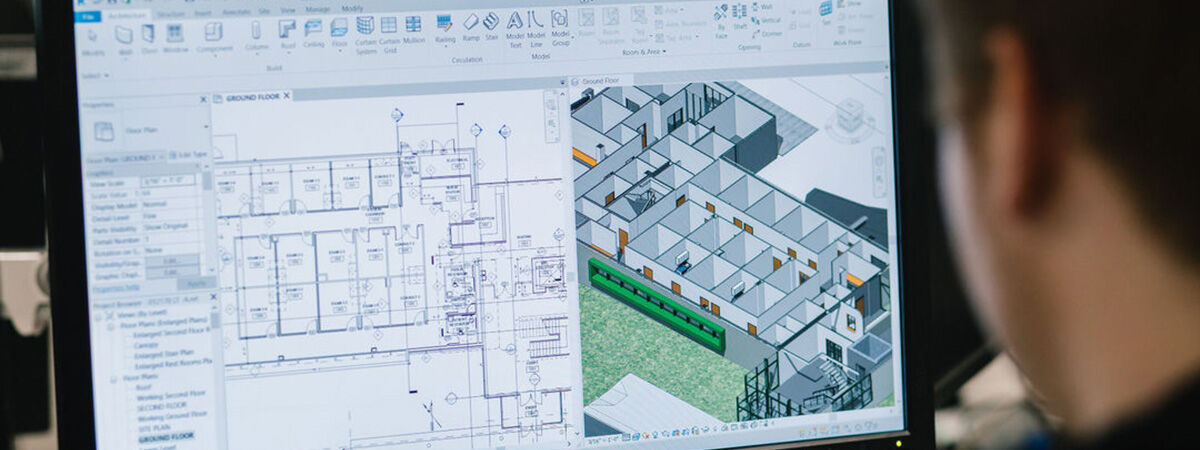Six ways to prepare for your Built Environment degree
Not sure on what to do between now and starting university? Don’t fret, we’ve listed six ways to help you keep up to date and be most prepared for your degree. Give yourself that head start by going through our top recommendations below and you’ll be ready to start uni in no time!
1. Stay ahead of the conversation
It’s important to have a thorough understanding and an awareness of what’s happening in the sector you’ll be studying and working in. This is why we suggest that you start following some of the big contractors and keywords around construction management on social media such as Twitter or LinkedIn. This will give you an insight into construction plans and developments around big projects such as the HS2 or the Commonwealth Games.
Be sure to stay ahead of the conversation as this will enhance your business acumen which will facilitate your learning.
2. Podcasts and audiobooks
Don’t have time to sit down and read a book? Then find a podcast or an audiobook that interests you the most. We recommend the Property Podcast or Skylines as a starting point.
With one quick search, you’ll be able to find the right one for you. Whether you’re interested in interviews with some of the biggest industry juggernauts or finding an autobiography of someone whose career you admire, you can use Apple podcasts and Spotify to find the right podcast or Audible to find your perfect audiobook (currently offering a 30 day free trial!).
3. Update your LinkedIn profile
LinkedIn is a global social media app that is used for professional networking with a plethora of employers from all different sectors and organisations. If you haven’t already, we recommend building a LinkedIn profile.
You’ve probably heard of the importance of networking, especially when you’re new in the industry. Luckily, LinkedIn makes networking easy. Spending some time to work on your profile and CV will help you become more visible and build contacts. Connect with your peers and be one of the first to find out about new job opportunities or industry insights.
4. Discover the Construction News website.
This website is the UK’s leading source of construction industry news, market intelligence and forecast and trend data. It will provide you with detailed context and vital intelligence on what the industry trends and forecasts are. Read opinion pieces, follow the conversation on key topics affecting the industry and take a look at what jobs are available within the sector.
5. Get acquainted with RICS
RICS is a globally recognised professional body, they are designed to effect positive change in the built and natural environments. Stay up to date with the latest standards and industry innovations. Spend some time reading about the future of surveying and how recent RICS research has emphasised the pace of technological change that is powering the digitisation of the built environment.
6. Explore the Chartered Institute of Building (CIOB)
CIOB is the world's largest and most influential professional body for construction management and leadership. Use their website to learn about industry trends and updates. This is also a good resource to monitor as they post information about events. You can sign up to hear when the next CIOB events and networking opportunities will be open again too.
We hope you found this useful in preparing to study for a career in the built environment. Keep in touch with us on Twitter and Facebook to ask us any questions you might have.

